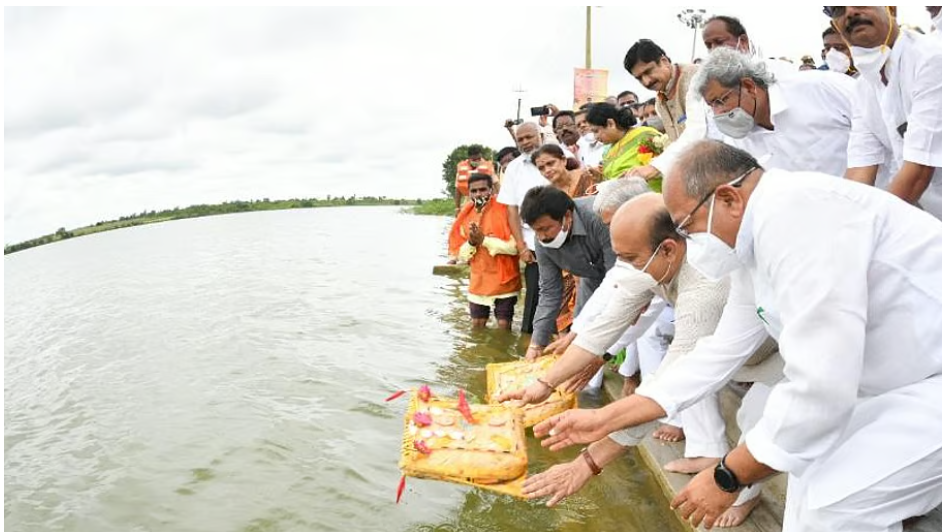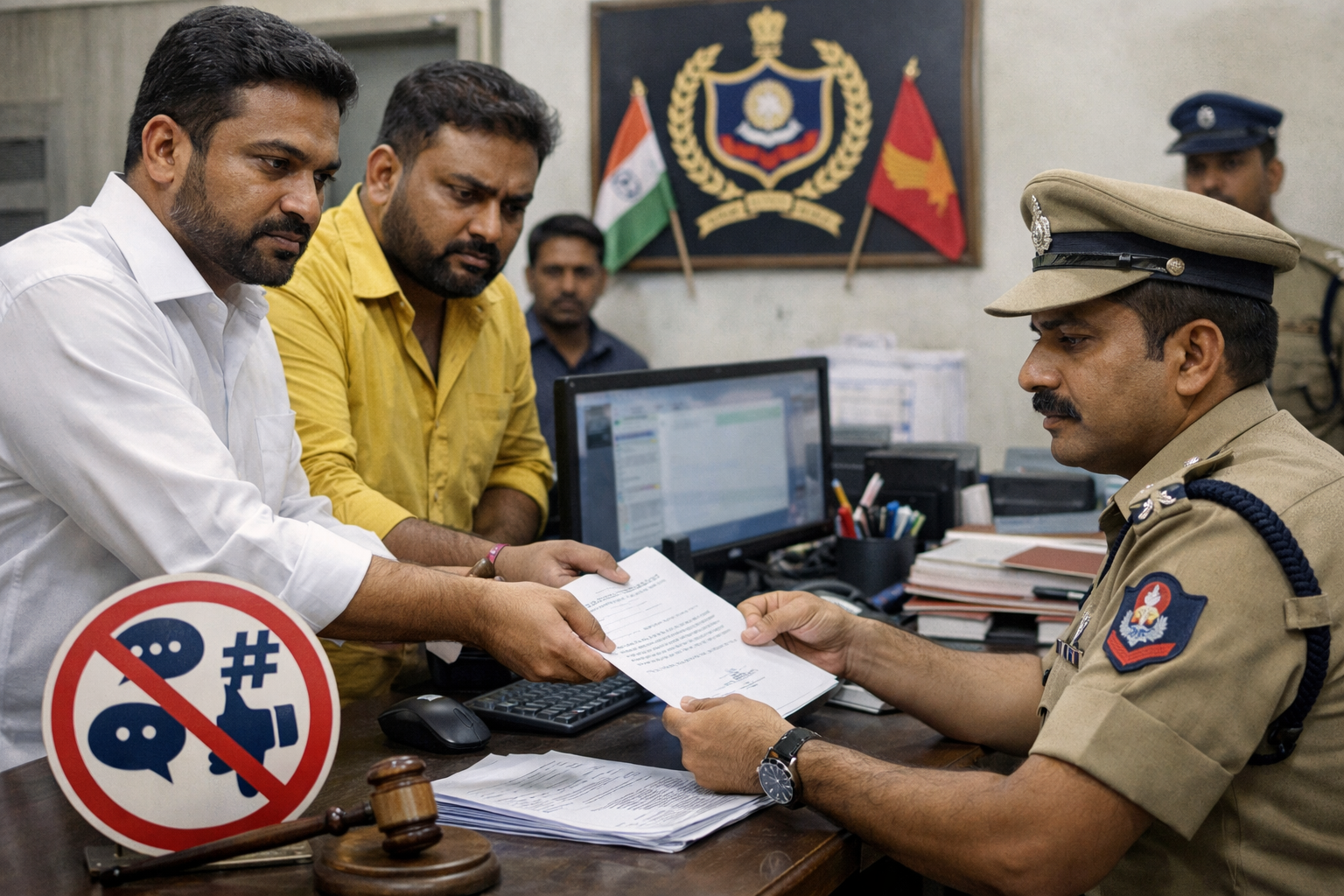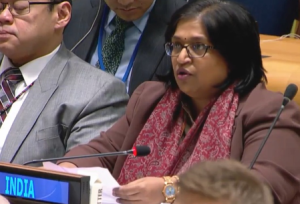The role of corruption in the relationship between Indian bureaucrats and politicians
The impact on the lives of the common man

Corruption is one of the most pervasive problems facing the Indian bureaucracy, and it is no secret that it has a significant impact on the relationship between bureaucrats and politicians. This impact is particularly felt in terms of its effect on public trust, as corruption undermines the very foundations of accountability and transparency that are essential for a well-functioning democratic system.
The relationship between Indian bureaucrats and politicians is characterized by a complex interplay of power dynamics, with politicians often seeking to exert control over the bureaucracy to advance their own interests. In this context, corruption can take many different forms, from outright bribery to more subtle forms of influence peddling and patronage.
One of the most significant consequences of corruption in the relationship between bureaucrats and politicians is the erosion of public trust in the government. When citizens perceive that their elected officials and public servants are using their positions of power to enrich themselves or their allies, it leads to a loss of confidence in the integrity of the government as a whole. This can result in a downward spiral of cynicism and apathy, as citizens become increasingly disillusioned with the political process and disengaged from the public sphere.
Furthermore, corruption can also have a detrimental effect on the effectiveness of the bureaucracy itself. When bureaucrats are more concerned with their own personal interests or those of their political patrons, they are less likely to act in the best interests of the public. This can result in poor decision-making, inefficient use of resources, and a lack of accountability for government actions. It can also discourage talented individuals from pursuing careers in public service, leading to a brain drain and a decline in the quality of governance over time.
There are a number of steps that can be taken to address the problem of corruption in the relationship between Indian bureaucrats and politicians. These include measures to increase transparency and accountability in government, such as strengthening anti-corruption laws and improving whistleblower protections. There should also be a greater emphasis on training and capacity-building for public servants, to help them resist the pressures and temptations of corrupt practices.
Corruption is a major challenge facing the relationship between Indian bureaucrats and politicians, with significant implications for public trust and effective governance. It is essential that steps are taken to address this issue, to ensure that the government can serve the interests of the public in a transparent and accountable manner.










